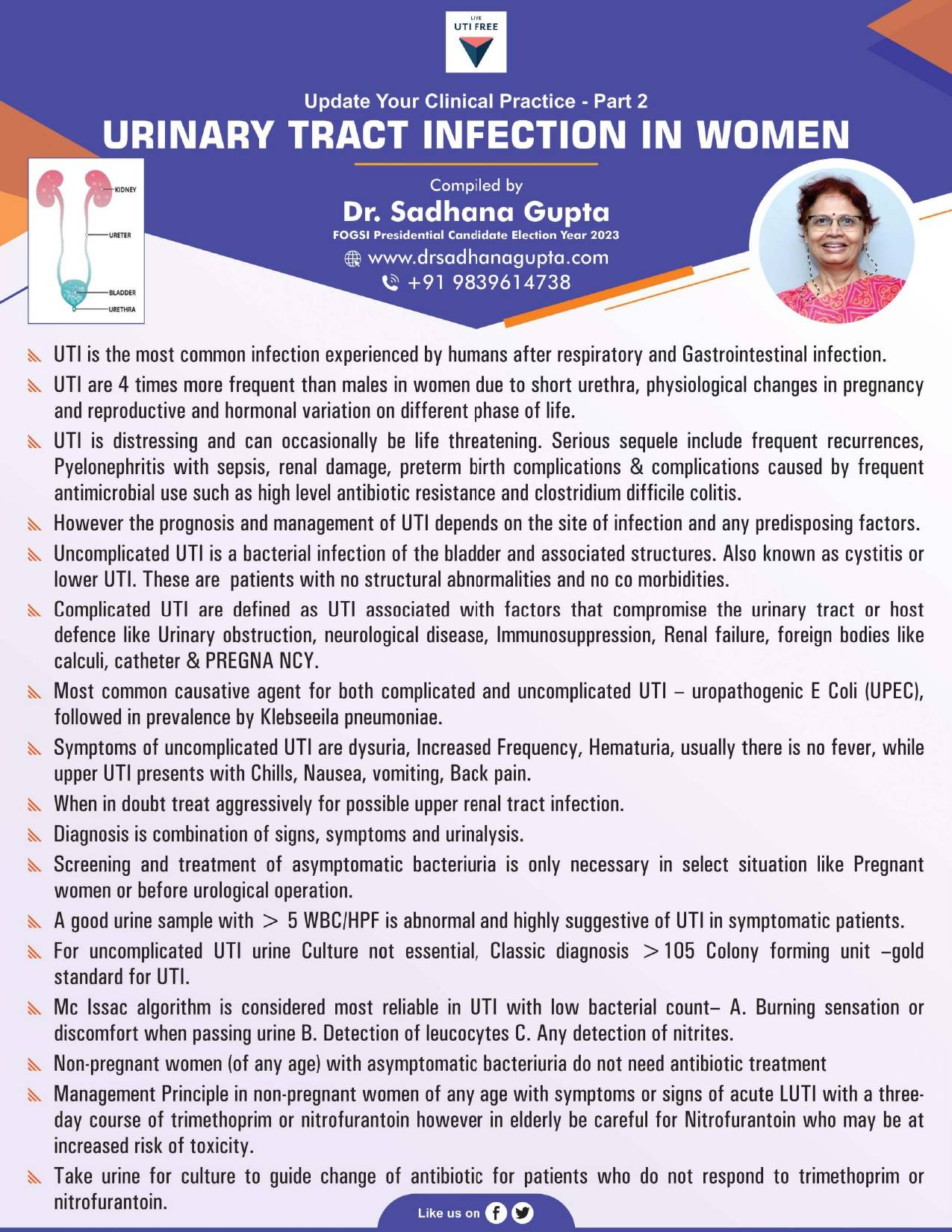Table of Contents
I. Introduction
Urinary tract infections (UTIs) are a common health issue that predominantly affects women. These infections occur when bacteria enter the urinary tract, leading to discomfort and potential complications if left untreated. In this blog post, we will explore the causes, symptoms, prevention, and treatment options for urinary tract infections in women.
Il. Introduction
- Definition: A urinary tract infection refers to an infection that affects any part of the urinary system, including the bladder, urethra, ureters, and kidneys..
- Causes: UTIs are primarily caused by bacteria, most commonly Escherichia coli (E. coli) that enter the urethra and multiply in the urinary tract.
- Risk factors: Certain factors, such as sexual activity, hormonal changes, urinary tract abnormalities, menopause, and the use of certain birth control methods, can increase the risk of developing UTIs.
III. Symptoms of UTIs:
1. Common signs: Women with UTIs often experience symptoms such as a frequent urge to urinate, a burning sensation during urination, cloudy or strong-smelling urine, pelvic pain, and lower abdominal discomfort.
2. Complications: If left untreated, UTIs can progress to more severe conditions, including kidney infections, which may cause back pain, fever, and chills.
2. Complications: If left untreated, UTIs can progress to more severe conditions, including kidney infections, which may cause back pain, fever, and chills.
IV. Preventive Measures:
1. Hygiene practices: Maintaining good hygiene habits, such as wiping from front to back after using the toilet and urinating before and after sexual activity, can help prevent the spread of bacteria.
2. Stay hydrated: Drinking an adequate amount of water helps flush out bacteria from the urinary tract.
3. Urinate regularly: Avoid holding in urine for extended periods as this can increase the risk of bacterial growth.
2. Stay hydrated: Drinking an adequate amount of water helps flush out bacteria from the urinary tract.
3. Urinate regularly: Avoid holding in urine for extended periods as this can increase the risk of bacterial growth.
V. Treatment Options:
Treatment options for infertility depend on the underlying cause of the condition. In some cases, lifestyle changes such as weight loss or quitting smoking may be enough to improve fertility. In other cases, fertility drugs may be used to stimulate ovulation or improve sperm count. Advanced treatments such as in vitro fertilization (IVF), intracytoplasmic sperm injection (ICSI), and donor egg or sperm may be used in cases of severe infertility.
When to Seek Medical Attention:
- Recurrent infections: If you experience multiple UTIs within a short period, it is advisable to consult a healthcare professional to investigate underlying causes.
- Severe symptoms: If you develop fever, intense pain, or notice blood in your urine, seek medical attention promptly, as these may indicate a more severe infection.
VIII. Conclusion
Urinary tract infections are a common occurrence in women, but with proper understanding, preventive measures, and timely treatment, their impact can be minimized. By maintaining good hygiene, staying hydrated, and seeking medical attention when needed, women can effectively manage and prevent UTIs, ensuring their urinary health and overall well-being.

